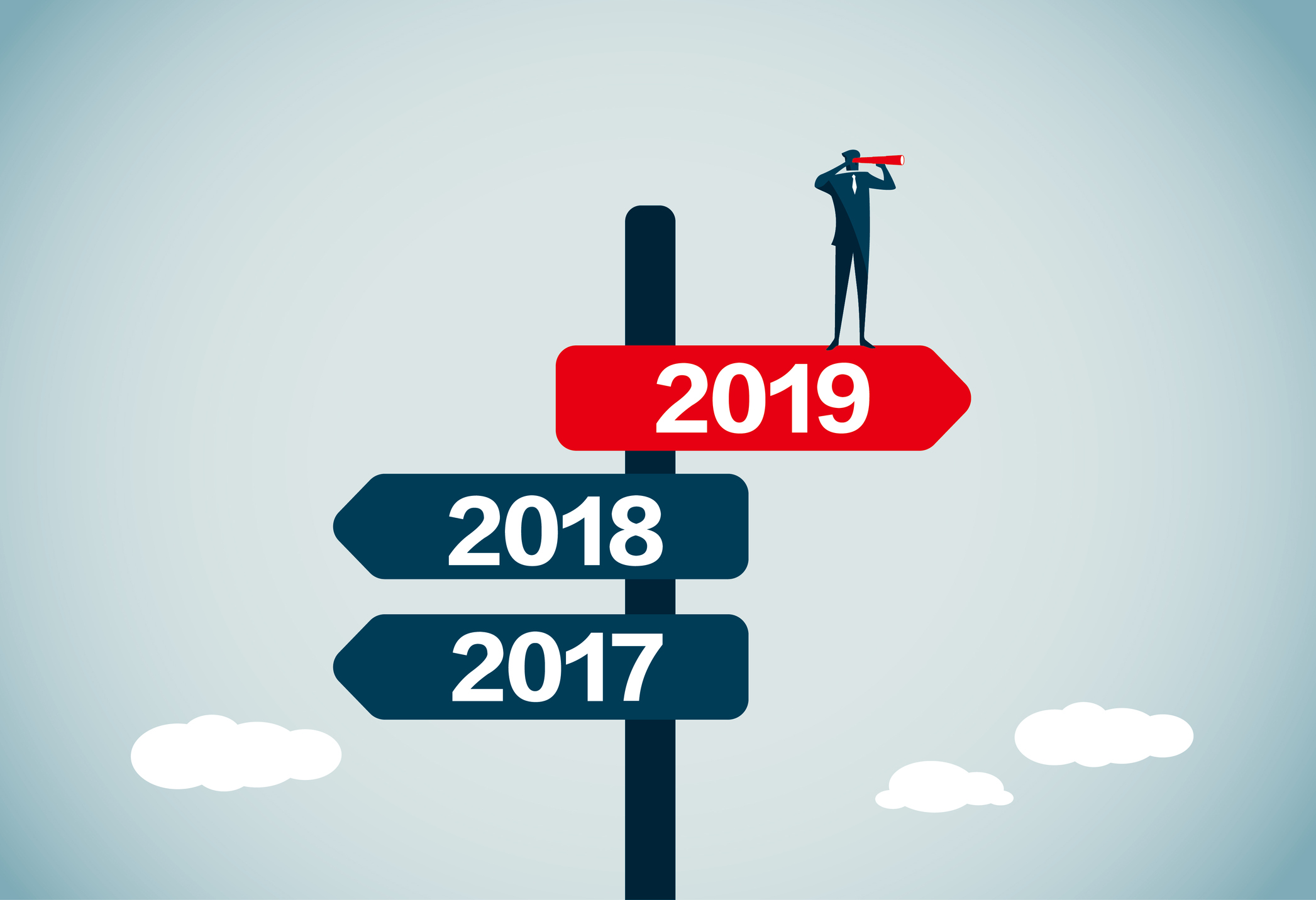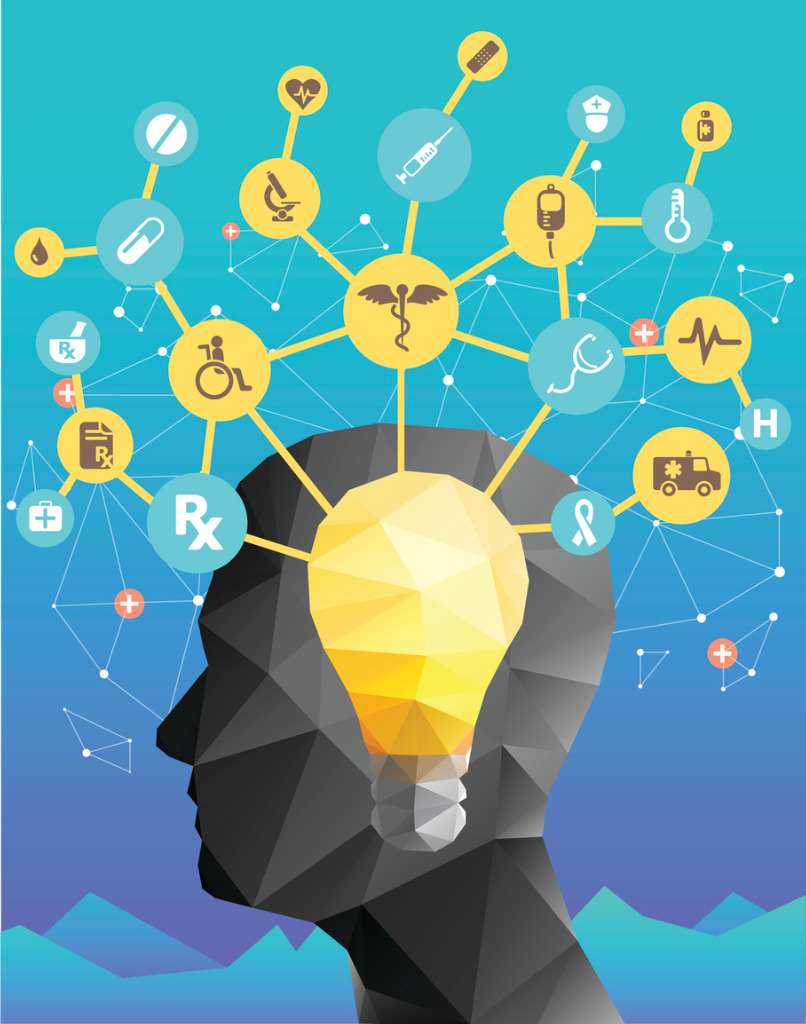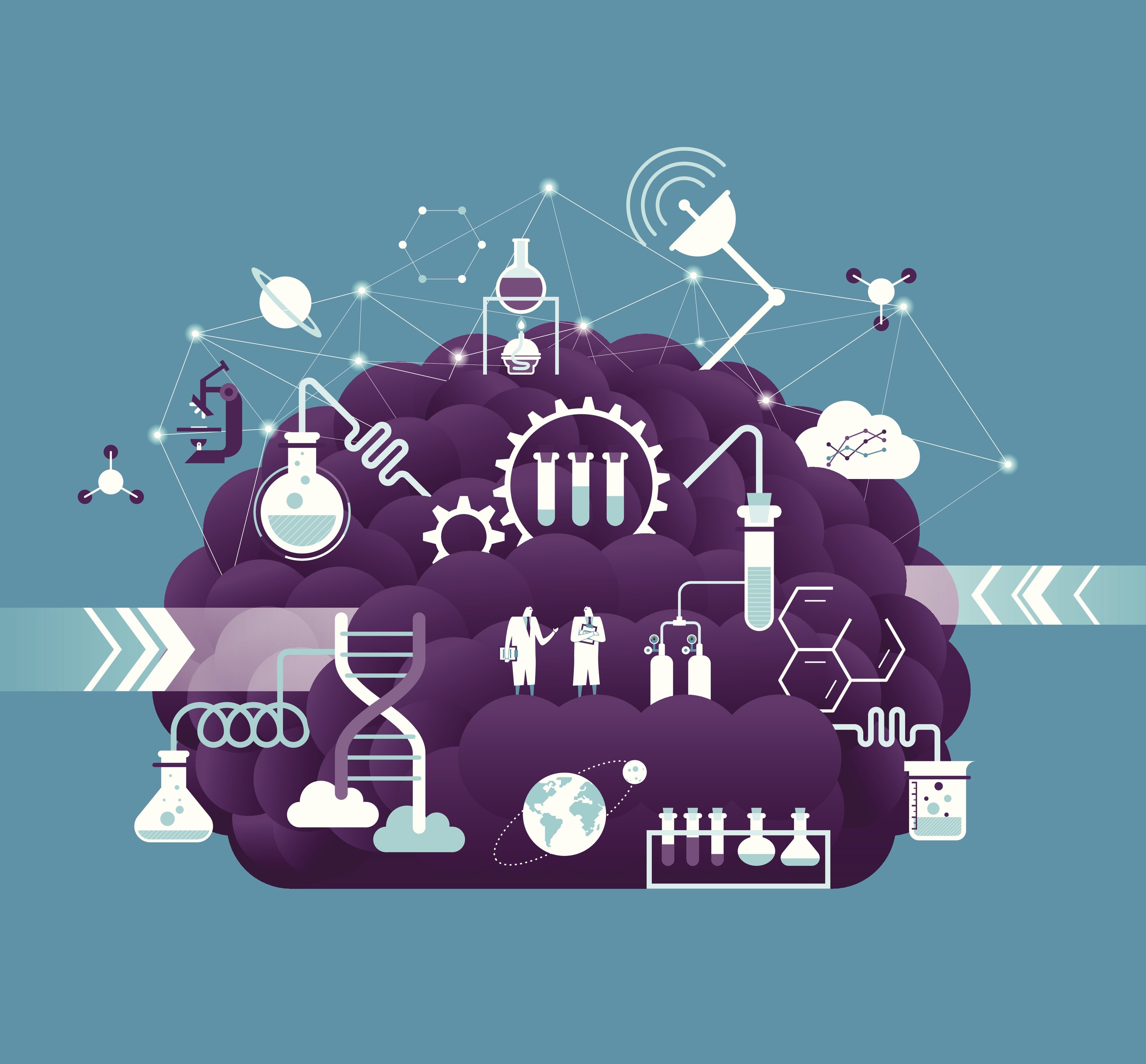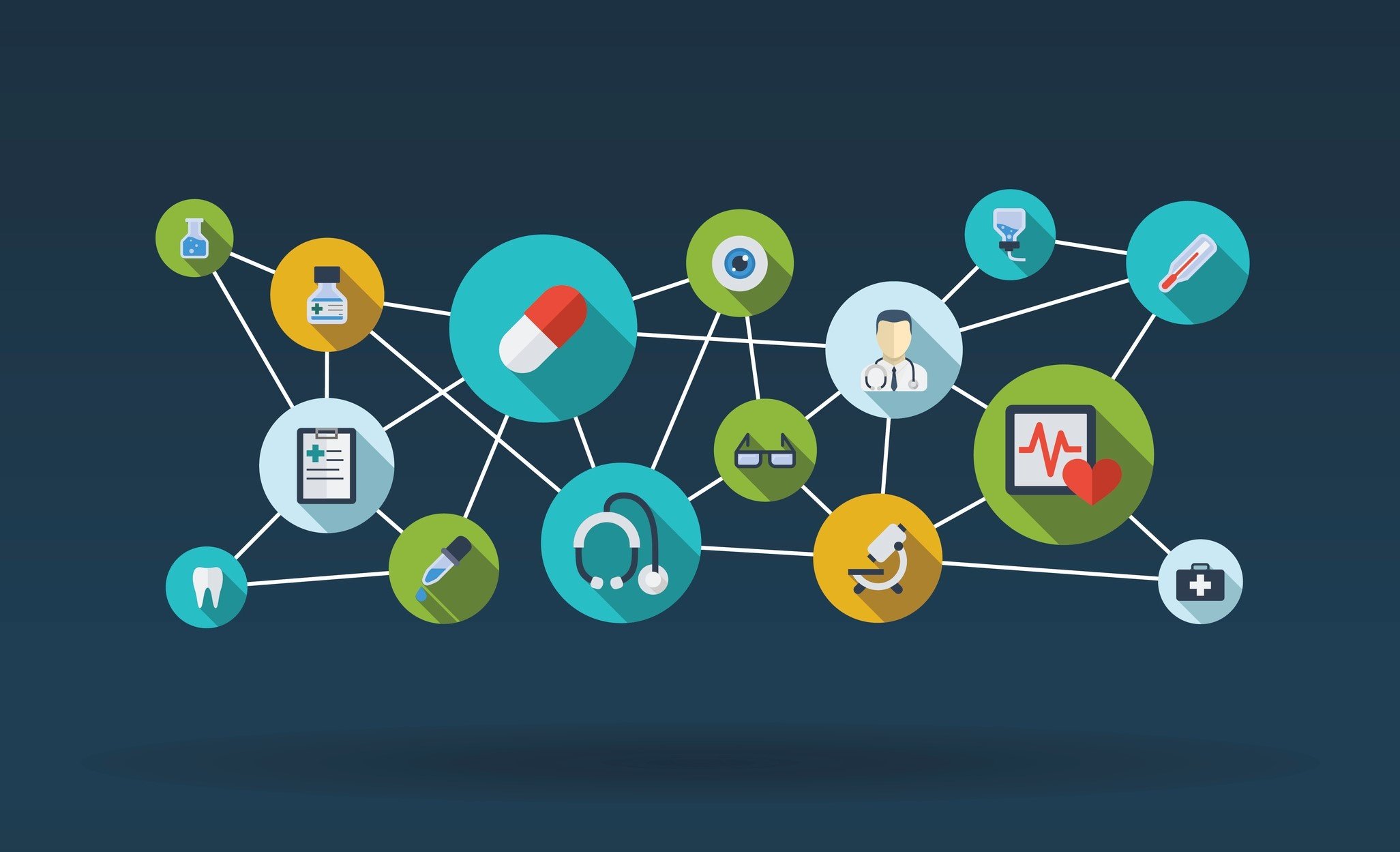If “following the money” is the quickest path to the root of a trend, then 2019 promises to be the year artificial intelligence takes center stage in the healthcare industry.
By 2024, AI in the U.S. healthcare market is set to exceed $10 billion according to a recent Global Market Insights report.[1] As nearly eight out of ten healthcare executives who responded to a recent cross-industry survey said their organizations are ramping up investments in big data analytics and AI, it should come as no surprise that the market is truly ramping up.[2] Nearly 80 healthcare AI startups raised their...
Abraham Maslow famously said, “If all you have is a hammer, everything looks like a nail.”
With all the buzz surrounding artificial intelligence (AI), it’s tempting to view it as an all-encompassing tool that can be employed to solve healthcare’s myriad of problems. In fact, there are a number of debates taking place over what AI and machine learning (ML) can and can’t do. The reality is that there are a range of AI technologies that solve very different types of problems. There are distinct use cases for each type of AI, from advanced analytics to deep learning to causal AI. But as we begin...
Between 2006 and 2016 there were over 2 million scholarly articles published around the globe. Of those, more than 25 percent – 568,000 – were focused on medicine, more than double the next area of study¹.
Despite the spike in medical knowledge, there is still a struggle to understand why some treatments work while others do not and the reality is that there is still much we don’t know.
In recent years, there has been equal parts hope and hype over Artificial Intelligence (AI) and how to use it to unravel human disease more quickly and efficiently. In a recent article in Forbes,...
The U. S. healthcare industry now produces an estimated 1.2 billion clinical care documents a year. Within those documents is an amazing amount of detail on an individual patient’s care plan, medical history and overall health. So why is this type of data, not often touted, important? When analyzed, this detailed patient data has the potential to improve healthcare outcomes. The only problem is that about eighty percent of that data is unstructured¹.
Longitudinal data – data that includes all healthcare encounters of a patient or member over a continuum of care and time – is critically...
Clinical leaders at Dana-Farber Cancer Institute for Neuro-Oncology were becoming more frustrated with the lack of treatment options for patients suffering from glioblastoma (GBM). The aggressive form of brain cancer, which recently claimed the life of Senator John McCain, is one of the deadliest forms of cancer and has no known cure. Most people diagnosed with the disease die within 15 months and a meager 15 percent survive past five years¹.
Not satisfied with the slow pace of traditional randomized controlled trials studying GBM, Dr. Brian M. Alexander at Dana-Farber decided to act. A...
There is a wide and varied mix of opinions when it comes to artificial intelligence (AI). Peruse just about any publication and there’s likely to be an article or two on how AI will transform the way we live for the better or conversely how it is sure to overtake our lives in unimaginable ways.
Adding to the confusion, you have technology visionaries like Elon Musk saying, “I’m close to artificial intelligence (AI) and it scares the hell out of me”. Or Bill Gates calling AI “our biggest existential threat.”1 Given those impressions, it’s no wonder that many people today still fear the power...
Judea Pearl is not happy.
One of the pioneers of Artificial Intelligence in the 1980’s, Pearl said in a recent interview in The Atlantic that the field of AI is stuck in a world of reasoning by association and probabilistic predictions. Pearl thinks too many people are deploying AI to overcome uncertainty – predicting what will happen next by association rather than leveraging the power of the technology to deal with cause and effect. He goes on to say that AI and machine learning need to move more aggressively to evaluate interventions and causal models to gain true value1.
Healthcare...
In the 1960s, physicists were trying to figure out what makes particles, such as atoms, electrons, and quarks, have mass. To answer this question, they examined existing known systems and developed complicated mathematical equations to explain and connect them, eventually coming up with something called the Higgs Field. Almost 40 years later, the Higgs Boson particle was proved to exist and is now an essential part of the particle physics model.
When most people hear or read about liver disease they most likely think of hepatitis or perhaps alcohol-induced cirrhosis. Though serious diseases, there is a more prevalent liver disease that is on the rise and affecting an estimated 16 million Americans [1].
The disease, NASH (nonalcoholic steatohepatitis) is expected to be the primary reason for liver transplants by 2020. Patients that have it experience few or no symptoms—most don’t even know they have it until it leads to cirrhosis or liver failure. Worse, there are currently no approved medicines to treat it. The cost of the disease to...
Not so long ago key stakeholders in the healthcare industry tended to operate in their own separate worlds. Biopharma companies, health plans, providers and healthcare consumers certainly interacted, but in most cases they each focused on dealing with their own specific challenges.




.jpg)




.jpg)

